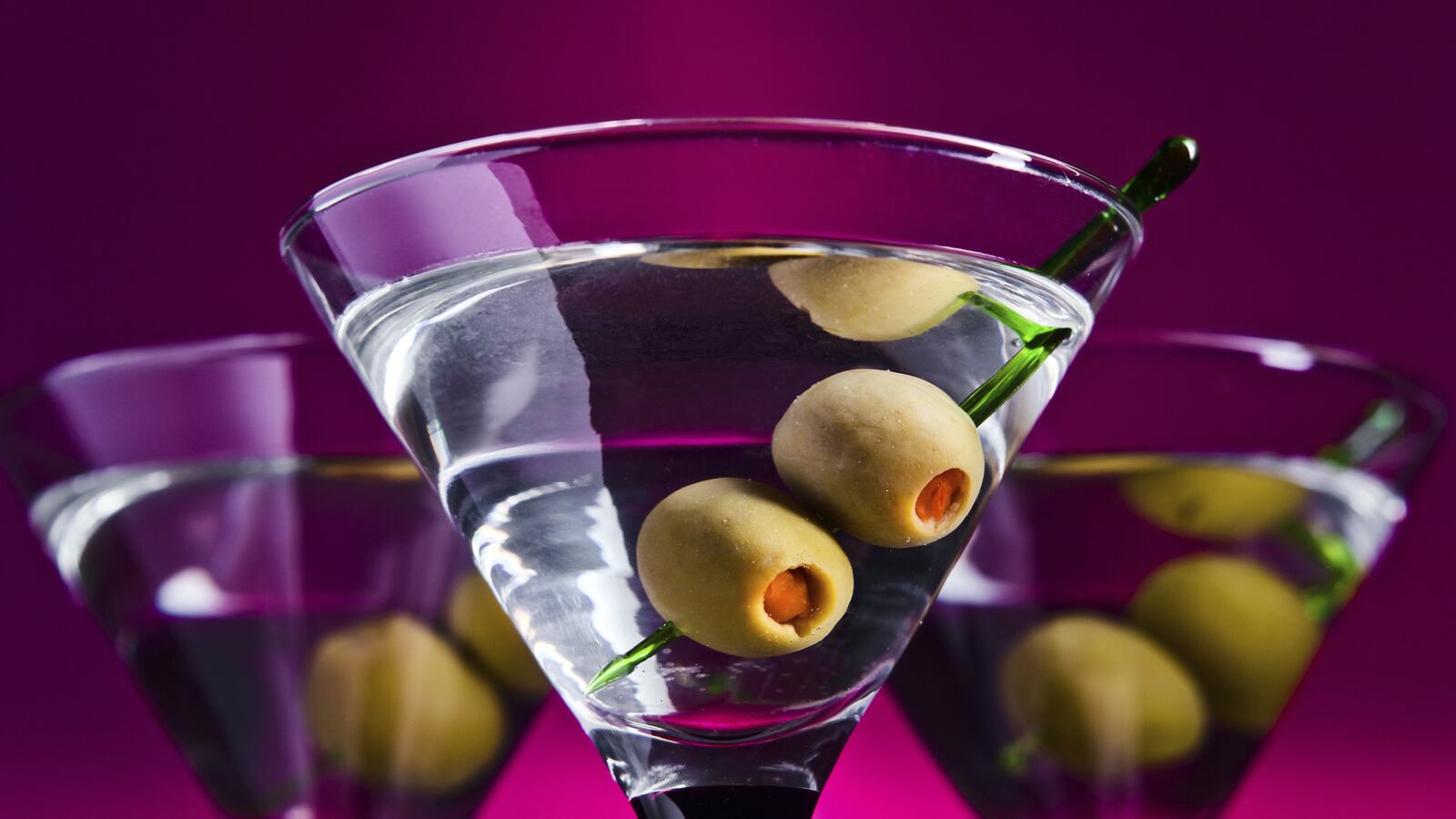In the last few months, I’ve been invited to observe several holidays I didn’t even know existed. There’s National Mojito Day, National Piña Colada Day and National Whiskey Sour Day. And we can’t forget National Rum Day. Since I don’t need an excuse to celebrate any of these (I’m sipping a whiskey sour right now), the buzz around them has caused me to scratch my head, wondering: who really does?
Such occasions are actually registered holidays aimed at bringing attention to a type of liquor or cocktail that may be struggling to gain a foothold among mass drinkers. But these boozy holidays are becoming increasingly less relevant as companies use them to promote brand-centric recipes with no real substance. They often fail to educate consumers and the media on the culture and significance of the actual liquor being celebrated.
In a post on his blog Drink Spirits, Geoff Kleinman puts it like this: “…The flood of these fake XYZ Drinking Days needs to end. Spirit companies need to tell their PR agencies to stop trying to push them, and consumers should scoff at them. They’re diluting the message and distracting brands from the job they need to really do: explain to consumers why they should be venturing out of their ‘safe and familiar zone’ to try something new. You don’t need a ‘national day’ to do this…”
I’m no angel when it comes to these faux celebrations. Next Friday, I’m going on Let’s Talk Live, a Washington D.C. talk show, to chat about vodka for National Vodka Day (which I have no idea who or how started it). But I’m using the holiday as an excuse to educate viewers on the spirit. I’ll talk about the common myths surrounding the drink, the kind that have created snobbery in the cocktail connoisseur world and duped vodka consumers into paying more for less—how the number of vodka distillations doesn’t equal the quality, how you can tell if a vodka has been “coated” with sugars by rubbing it in your hand, and why vodka is meant to be drunk straight and with food. I hope that when I walk off camera, those watching will think differently about vodka, experiment for themselves, and come to their own conclusions rather than just gain a few new drink ideas.
The birth of these holidays is a big mystery to most people, even to many who use them to their advantage. When I dug around, I discovered that their creation is surprisingly simple. All someone needs to do to register a specific holiday is to submit a free entry to Chase’s Calendar of Events, the granddaddy of international commemorative calendar events published by McGraw-Hill, and ta-da! You've got a holiday you are free to market and promote.
According to Chase’s, there are no true national holidays in the U.S.; holidays proclaimed by the president apply to federal employees and D.C. For example, Mother’s Day has been proclaimed by the White House Clerk’s Office since 1914 because it was mandated by legislation. But Congress did away with legislating holidays in 1995. Governors can proclaim holidays in their states, and these are renewed every year, such as Bourbon Heritage Month, which was named by Kentucky Governor Steve Beshear for the month of September. Since 1995 the president can proclaim holidays, but most are created by “national organizations that use their observances for public outreach and to plan specific events.” The holidays make it in Chase’s guide “based on the authority of the organization observing it, how many years it has been observed, the amount of promotion and activities that are a part of it, its uniqueness and a variety of other factors.”
Some of these holidays make a little bit of sense. National Bloody Mary Day is January 1, which is probably the biggest hangover brunch day of the year. Christine Deussen, president of Duessen Global, created National Absinthe Day on March 5 to signify the day in 2007 when her client Lucid Absinthe’s lobbying of the Food and Drug Administration resulted in absinthe legalization after a lengthy ban.
But other holidays “are designed to draw attention at a time of year when sales might be soft,” explains Amanda Hathaway, a Wagstaff Worldwide publicist who represents Anchor Distilling Co. brands across all liquors. “For example, National Margarita Day is February 22—not exactly the season when you think to whip up a pitcher of margaritas. But tequila brands don’t need National Margarita Day at the height of margarita season.”
National liquor holidays are creative ways to keep a brand or drink top of mind, Deussen says, and they tactics used primarily by PR and communications teams. “There’s not a lot of room for the journalists to get in depth [to cover these events],” Deussen says.
But why not?
“Typically, the people who cover these [national liquor holiday] stories are blogs about home entertaining or fun and cheeky cocktail blogs,” says a publicist who requested anonymity for personal reasons, and who represents several liquor brands across various categories. “Very rarely do print media touch this and very few men’s sites will write about it. Some women’s online magazines will cover it as a means of category education but it usually ties back to entertaining.”
While Hathaway admits drinks holidays are essentially marketing gimmicks that some media believe lack authenticity and ignore, that doesn’t mean “everyday consumers” don’t enjoy them.
Lori Hanna, who co-runs a popular website Intoxicology.net, says national holiday posts have successfully reeled in new visitors. “On that day, many people want to participate and the searches for those items typically go up,” she says. “People tend to be interested in a spirit more when there is a specific reason to be.”
The best part of having a drink is sharing the experience with friends, especially during festive occasions. There’s no need to take away from the fun and awareness that national drinks holidays provide. But they can also be real opportunities to delve into the nuances and history of spirits and cocktails, rather than simply serve as party theme ideas. They can also help you become a better drinker, a drinker who will continue to be loyal or take chances on new products at the liquor store if you have some knowledge. But the problem is, they don’t successfully do this.
And at the end of the National-Whatever-Day, all that remains are a few (often forgotten) recipes.






